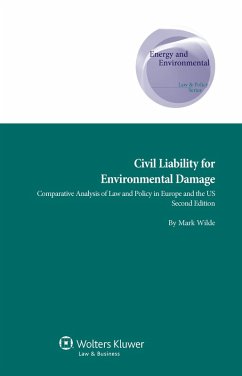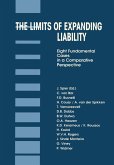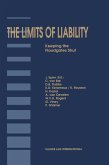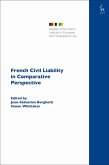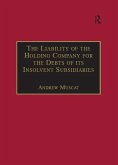Each year, the number of serious accidents with devastating consequences for the environment continues to grow. Legal issues arising from such incidents highlight the impact of environmental damage not only on people and places, but on the interests of those held responsible. Moreover, it is now a truism to assert that pollution does not respect national frontiers - a perspective that greatly complicates matters of standing and jurisdiction. In this context the law of tort, whether it occurs through case law developments or legislative intervention, comes to the fore. In the decade since the appearance of the first edition of this seminal work, the author has discerned indications that the debate on the role of tort in environmental law has moved on from the pros and cons of specific proposals to a more systemic approach. As litigants continue to test tort-based principles, some in hitherto uncharted waters such as climate change, the prospect of establishing tort as a component in a system of environmental protection has come to the fore. In this thoroughly revised and updated edition, the author has sharpened his focus on such aspects of this emerging system as the following: climate change litigation; maritime pollution; nuclear liability; GMO liability; and implications of especially significant cases such as Deepwater Horizon, Niger Delta litigation, and Fukushima. Through a detailed analysis of the fundamental nature of tort and the wider arguments concern-ing its proper function in modern society, this book offers compelling conclusions regarding how tort can play a part in developing a public trust doctrine in environmental law. No one with an interest in the development of environmental law can afford to ignore it.
Dieser Download kann aus rechtlichen Gründen nur mit Rechnungsadresse in A, B, BG, CY, CZ, D, DK, EW, E, FIN, F, GR, HR, H, IRL, I, LT, L, LR, M, NL, PL, P, R, S, SLO, SK ausgeliefert werden.

